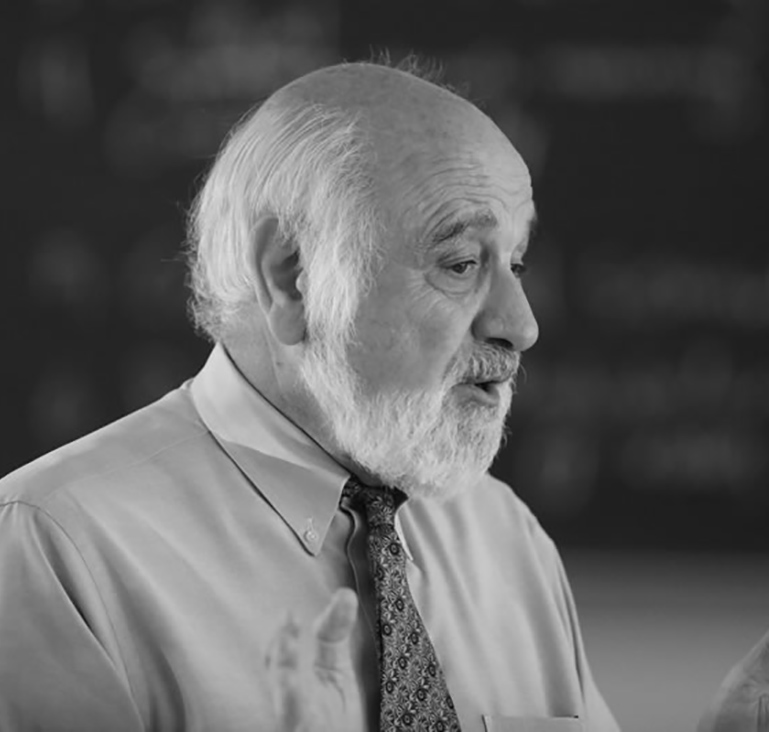

is the Fletcher Jones Professor of Computer Science, as well as a Professor of Biological Sciences, Biomedical Engineering, Electrical Engineering, Neuroscience and Psychology at the University of Southern California (USC).
The thrust of his work is expressed in the title of his first book, Brains, Machines and Mathematics (1964), based on lectures previously given at the University of New South Wales. He believes that the brain is not a computer in the current technological sense, but something else. His career is based on the argument that we can learn much about machines from studying brains, and much about brains from studying machines.
Arbib has most recently engaged in research on the evolution of brain mechanisms for human language, pursuing the Mirror System Hypothesis that links language parity (the fact that what the speaker intends is roughly what the hearer understands) to the properties of the mirror system for grasping—neurons active for both the execution and observation of actions—to explain (amongst many other things) why human brains can acquire sign language as readily as speech.
The author or editor of almost forty books, Arbib has most recently contributed to Who Needs Emotions? The Brain Meets the Robot (2005) andFrom Action to Language via the Mirror System (2006).